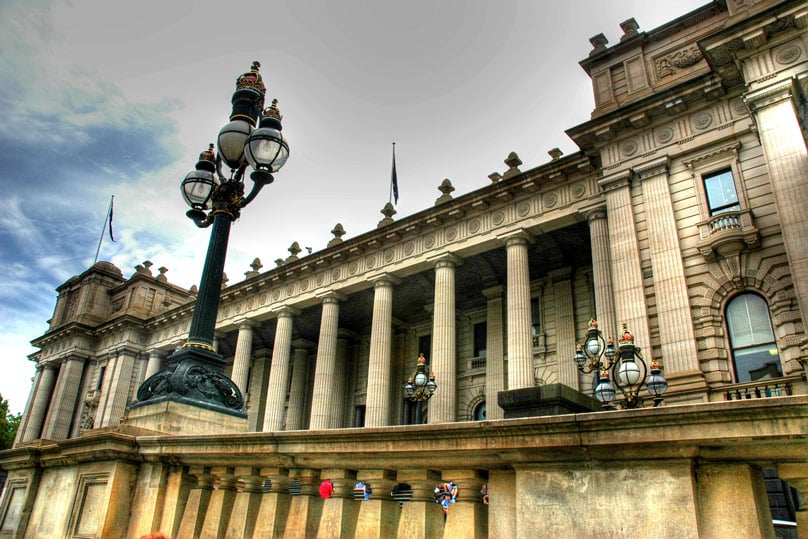
Wednesday is fast becoming my least favourite day.
Yesterday, Victorian Parliament took another axe to the fifth commandment, with the Upper House at 4:10pm voting yes for euthanasia – 22 votes to 18.
The Voluntary Assisted Dying Bill will be returned, with amendments, to the Lower House for a final vote. If passed, the bill will allow eligible doctors to prescribe lethal drugs to terminally ill Victorians who request it by June 2019.
After the marathon debate, which began at 12.30pm Tuesday and lasted through the night, Victorian Premier Daniel Andrews gave a public address. His first words were:
“Today is all about emotion; it is all about compassion.”
It’s not often that Andrews and I agree, but he was spot on about emotion being the ruler of the day. Parliament was thick with emotion, with MP’s breaking down and hugging as the vote was cast.
Even MP Fiona Patten of the Reason Party managed to cast reason aside as she (with tears) shook the hands of Labor MP Gavin Jennings.
On October 20, the bill was passed, without amendments, in the Victorian lower house (47 votes to 37), so it will take a miracle for the bill to be defeated at this stage.
As pro-lifers warned, there is already pressure to expand the “safeguards” of what has been euphemistically described by Minister for Health Jill Hennessy as the world’s “most conservative bill”.
One amendment will allow for patients with non-terminal conditions – such as motor neurone disease and multiple sclerosis – to access the “scheme”.
Already, the safeguards are being weakened.

Within hours of the announcement, the head of Exit International, Philip Nitschke – perhaps better known by his nickname ‘Dr Death’ – described the bill as the “world’s most unworkable end-of-life law”.
He says that the “conservative” bill is behind world standards. Perhaps, by “world standards” he is referring to the Benelux countries (Belgium, Luxembourg, the Netherlands), which has allowed euthanasia for children, for people suffering from dementia, anorexia, depression, blindness, tinea, and is considering allowing it for those over 70 who have “completed life”.
Current head of the Victorian branch of the Australian Medical Association (which still officially maintains that euthanasia should not be part of medicine), said that this decision marks a “significant shift in medical practice”, saying it would cause “anguish” for many in the profession.
This shift is seismic. Euthanasia heralds a new ethic of healthcare, and with it, a new type of doctor. The principle to “Do no harm” has been replaced with; “Do no harm … unless the person is really ill, and really wants it”.
Andrews, and the 21 that voted with him, believes this shift marks the beginning of more “compassionate” healthcare. Time and the economic pressures of an ageing population will test the truth of this.
The Australian Government’s 2017 Elder Abuse report found that one in every five elderly Australians are subject to either “emotional”, “physical” or “financial abuse”, including coercion to change their will. To argue that no Victorian will be pressured into euthanasia is beyond naïve.
However, Andrews is well pleased with his emerging legacy.
“This is Victoria at its best,” he said.
Move over trams and coffee, it is state sanctioned killing that is going to make life great in the world’s most liveable city.
